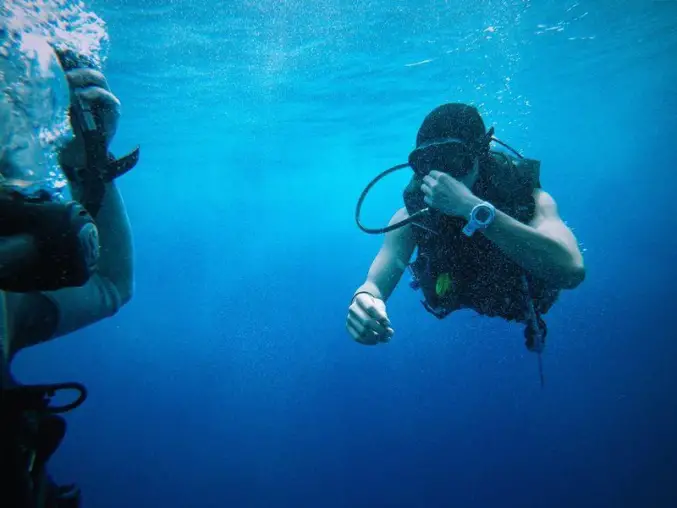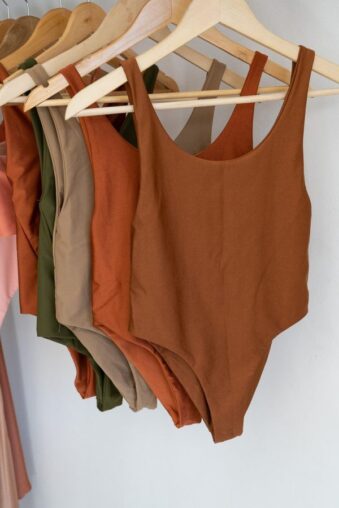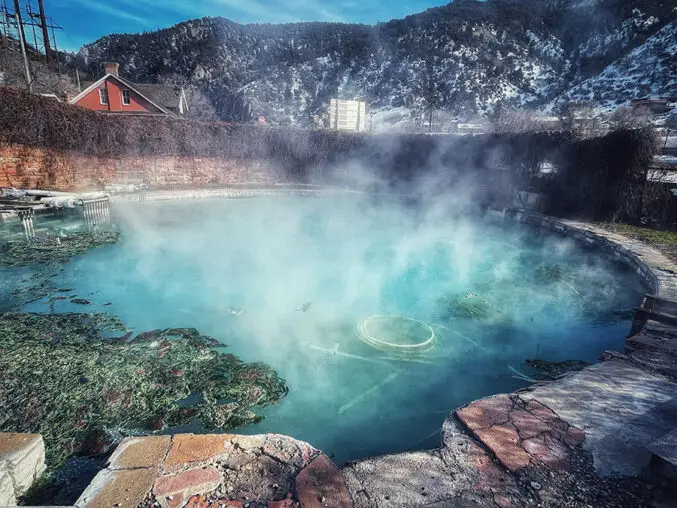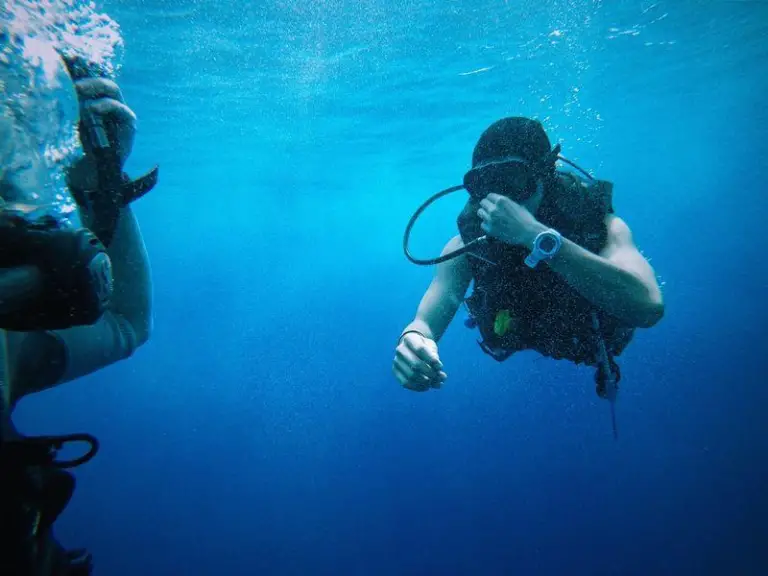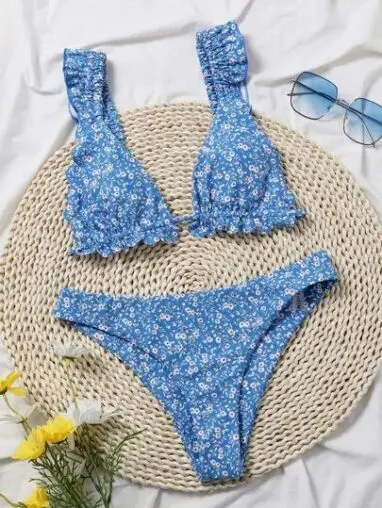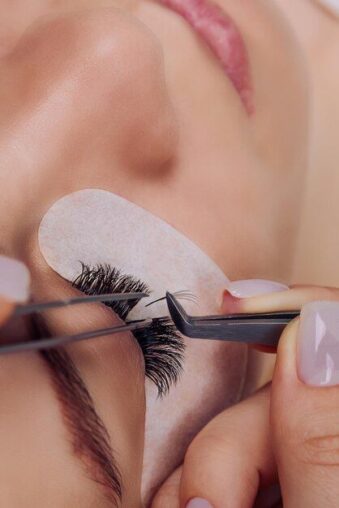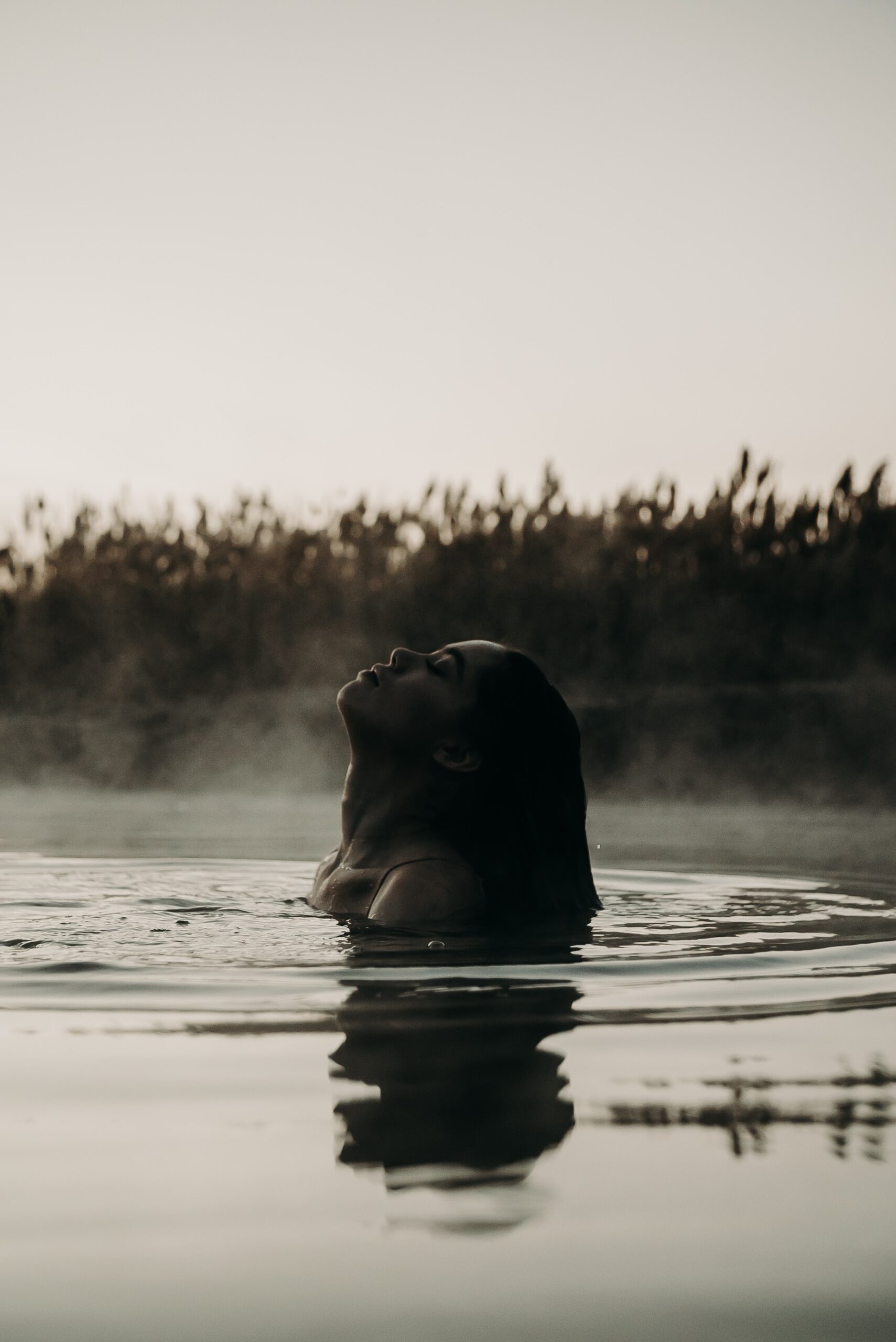
Hot springs, these natural wonders that have captivated humanity for centuries, offer more than just relaxation. Beyond the soothing waters and serene surroundings, they might hold the key to unlocking the secret to beautiful, luscious hair.
In this comprehensive guide, we will delve into the potential benefits of hot springs for your hair and explore how these mystical pools can enhance your hair care routine.
So, if you’ve ever wondered whether hot springs are good for your hair, read on to discover the rejuvenating properties that might just transform your locks.
Understanding Hot Springs
Before we dive into the world of hair care and hot springs, let’s start with a brief overview of these natural wonders. Hot springs are pools of water naturally heated by the Earth’s geothermal activity.
They are often rich in minerals and have been cherished by various cultures for their therapeutic properties.
The Beauty of Mineral-Rich Waters
Hot springs are famed for their mineral content, which varies depending on their location and geological conditions. These minerals can include calcium, magnesium, sulfur, and silica, among others. It’s this mineral cocktail that holds the promise of nourishing your hair and potentially transforming it into a luxurious crown of glory.
The Potential Benefits for Your Hair

Now, let’s explore the potential benefits hot springs can offer to your hair:
- Enhanced Circulation
Immersing yourself in the warm waters of hot springs can boost blood circulation in your scalp. Improved blood flow can stimulate hair follicles and promote hair growth, potentially leading to thicker, more robust strands.
- Mineral Infusion
The mineral-rich nature of hot springs means that your hair can absorb essential minerals during your soak. Calcium and magnesium, for instance, can fortify hair strands, making them less prone to breakage and damage.
- Stress Reduction
Hot springs provide an idyllic environment for relaxation. Reducing stress levels is crucial for maintaining healthy hair, as chronic stress can lead to hair loss and thinning. A calming soak can help combat these detrimental effects.
- Cleansing Properties
The natural minerals in hot springs can help cleanse your hair and scalp. They can remove excess oil, dirt, and product buildup, leaving your hair feeling refreshed and revitalized.
- Balanced Scalp
Hot springs’ mineral content can help balance your scalp’s pH levels. A well-balanced scalp is less prone to issues like dandruff and excessive oiliness.
- Hair Texture
Some hot springs are known for their softening properties. The minerals in these springs can make your hair feel smoother and silkier, enhancing its overall texture.
Sulfur Springs and Hair Care
Sulfur hot springs, in particular, have garnered attention for their potential benefits to hair. Sulfur is a naturally occurring element found in the Earth’s crust and is known for its therapeutic properties.
Here’s how sulfur springs can contribute to hair care:
- Dandruff Control
Sulfur has anti-fungal properties that can combat dandruff and other scalp conditions caused by fungi. A soak in a sulfur spring may help alleviate these issues.
- Hair Strength
Sulfur can promote the production of keratin, a protein that forms the foundation of your hair. Stronger keratin bonds can result in stronger hair, less prone to breakage.
- Hair Growth
Some studies suggest that sulfur can stimulate hair growth by lengthening the hair’s growth phase. This can potentially lead to longer and thicker hair over time.
- Sebum Regulation
Sulfur can help regulate the production of sebum, the natural oil produced by your scalp. Balanced sebum levels can prevent excessively oily or dry hair, promoting overall hair health.
Risks and Precautions
While hot springs offer numerous potential benefits for your hair, it’s crucial to be aware of the risks and take necessary precautions:
- Water Temperature
Hot springs can vary significantly in temperature. Avoid soaking in excessively hot water, as it can damage your hair and scalp.
- Mineral Sensitivity
Some individuals may be sensitive or allergic to certain minerals found in hot springs. If you experience any adverse reactions, such as itching or skin irritation, exit the spring immediately.
- Hydration
Soaking in hot water can lead to dehydration. It’s essential to drink plenty of water before, during, and after your soak to stay properly hydrated.
- Hair Protection
Consider protecting your hair while soaking in hot springs. Applying a hair mask or conditioner before entering the water can create a protective barrier, minimizing mineral absorption and potential damage.
The Perfect Hot Spring Experience
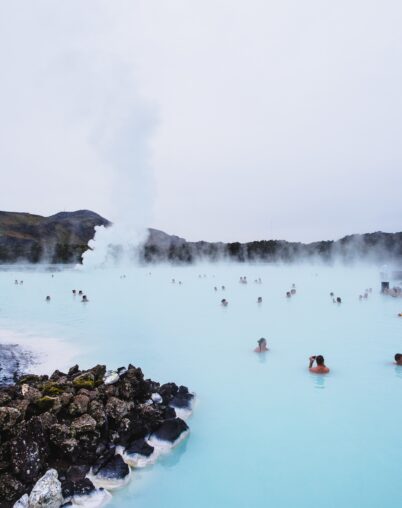
To make the most of your hot spring hair care routine, follow these steps:
- Research
Before planning your visit, research hot springs in your desired location. Look for those known for their mineral-rich waters and therapeutic properties.
- Temperature Check
Upon arrival, check the water temperature. Ensure it’s comfortably warm and not scalding hot. The ideal temperature for your hair and body is typically between 98°F to 104°F (37°C to 40°C).
- Limit Soak Time
Avoid extended soaking, as it can lead to dehydration and overheating. A 15 to 20-minute soak is generally sufficient.
- Hydrate
Bring a bottle of water with you and take sips between dips to stay hydrated.
- Hair Protection
Apply a hair mask or conditioner before entering the hot spring to shield your hair from excessive mineral absorption.
- Post-Soak Care
After your soak, rinse your hair with fresh water to remove any residual minerals. You can also follow up with a nourishing hair treatment.
- Consult a Professional
If you have specific hair or scalp conditions, consult a dermatologist or trichologist before incorporating hot springs into your hair care routine.
Conclusion
Hot springs are not only havens of relaxation but also potential allies in your quest for beautiful, healthy hair. Their mineral-rich waters, especially in the case of sulfur springs, offer a range of benefits, from improved circulation and stress reduction to cleansing and softening properties.
However, it’s essential to exercise caution, maintain proper hydration, and protect your hair to ensure a safe and effective hot spring experience. Whether you seek stronger strands, a more balanced scalp, or simply a moment of serenity, hot springs might just hold the secret to unlocking your hair’s full potential.

